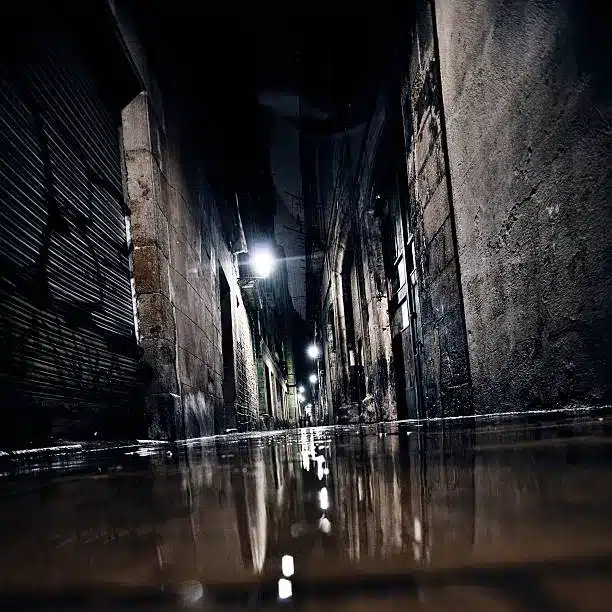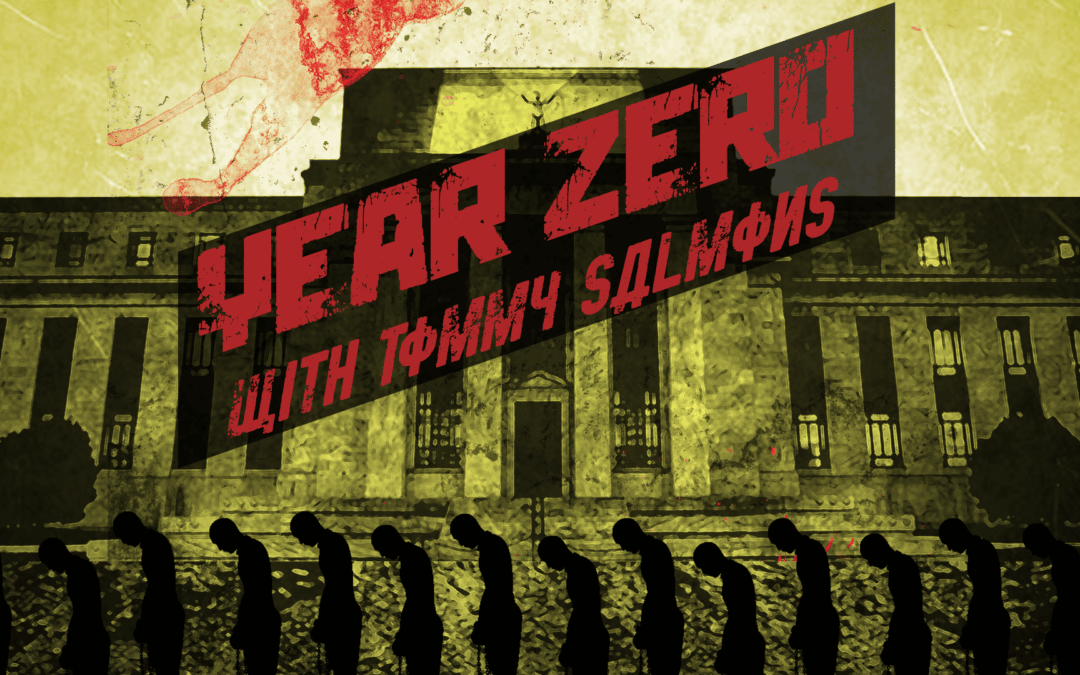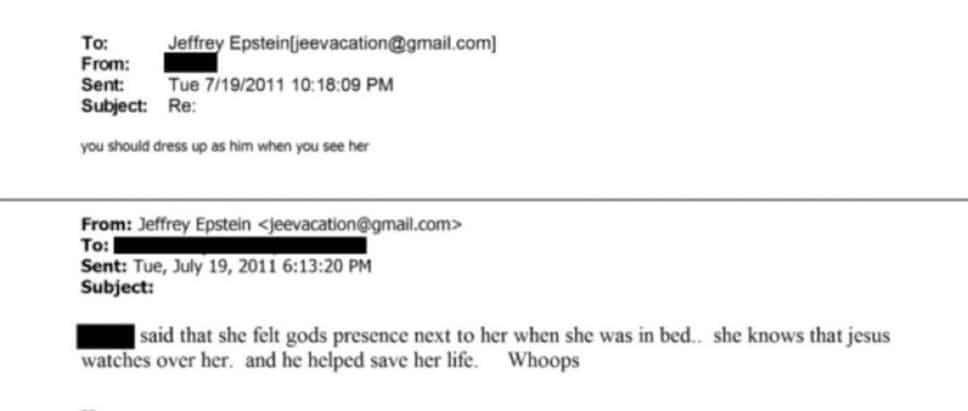I want to stay up late, drinking coffee while the moon stands high. Talking with friends or, strangers, why not both? Discussing philosophy, the stars, literature and art. Hearing and sharing thoughts of of our own. Not talking points framed by others or references to safe culture, pop themed entertainment lollies. I want to sit across from another mind, or minds, see their eyes warm with thought, feeling, passion. To feel their words, to know they mean it. I want to be there when dangerous things are said, when threads of humanity linger between sorrow, regret, to be puled back by joy and humour.
Is there enough coffee? Is there a night long enough?
I want to sit on the street corner, as it rains. To see the city in a wet mirror of the pavement. To see the lights turn out, the pedestrians thin away. The cars go home. The conversation ever green, not capped by a deadline.
Where jazz music wafts like candle smoke, lingering and abound. The evening could cry into an Edward Hopper painting, Nighthawks in a purgatory between out and home. Thinning out into a Theo Michael scene, many down to two. It does not need to end in twisted and soiled sheets. Just different minds, not constrained or dependent. Free, thinking and embracing creative flights.
It could be by the beach or in the bush around a fire, flames licking and crackling over wood, while smoke wraps us all. No drunk stares, no inebriated slurs as toxic liquids fill the belly, losing thoughts of boozes selfish bluster. To hear minds clear of weed or mushrooms, not intoxicated by such conversational crutches. Those who need such ingredients to speak deep, where never that deep in thought to start with.
I want to talk long, maybe kiss, or hug, hold a strangers hand while they share with enthusiasm or heart break a truth they know. Not to know that time is soon to be up. An alarm clock waits, where my mind must be buried, when the morning comes my body is all they need. Carry this, dig that, deliver, unload. Labour, toil. The prison of honourable work, good for me, but always beneath those can pay for it. I want to be able to stay up beyond the yawns, to let the creative mind run free. To unshackle it, to be a mind, a man of thought and with the capacity to think and imagine. Not to be muscle in a singlet. A utility of labour.
Has that time passed? Is the world beyond the need for a multi-faceted man. Experience and wit no longer wanted? No market value. Is it for us to grift? To lie with a smile? To play the game? Or, should we seek dignity, to be a labourer, needed but not regarded. The proletariat poet, the writer with a shovel. You were a fighter? Clearly too many punches to the head, a degree unused, if used would that be better? An academic, like everyone else. Is that how intellect is validated? Chase a career, the sole ambition is wealth. Or, debt which seems to be the worlds badge of pride.
I want to put pen to paper, to feel the words live. Each sentence different to every mind. Mind you, too few read, Repulsed by the harsh requirements of thought, to sit and consider. To actively participate inside the art. Ideas, inspirations, memories, moments, imagined worlds to unimagined universes or those lost to time, strangers into friends and characters embedded as familiars. There was a time.
The puddle on the pavement, a mirror to another place, time. If James Baldwin only saw a puddle, then who could blame lesser minds. Must it be for an artist, to see what could be? “An ugly puddle of water,” is all he could see. It took an artist, his friend, Beauford Delaney to help him see. To find depth and beauty inside the mundane, the over looked, the every night fixture. To see that beauty and depth, even in the ugly and painful. To find it, to seek it out or just observe.
Such were the thoughts of a lowly labourer. As I toiled in the sun, hot, while the work was sticky and incessant. The clouds bloomed grey, heavy with rain. It was not cold. Just wet. Heavy drops, splashing enough to undo work. A summer rain, though no Belinda Carlisle was near. Then, a puddle in the pavement. It grew as the rain splashed. Just dirty water. In it, I could see a reflection, a mirror. The sky, trees, the world around. I even saw a little of myself. In that mirror was where I wanted to be. Sunburned, sore back, and throbbing hands. Dirty.
I went back to work and thought about the tale of Baldwin and Delaney. Just a labourer. But inside the puddle, I was where I wanted to be.












